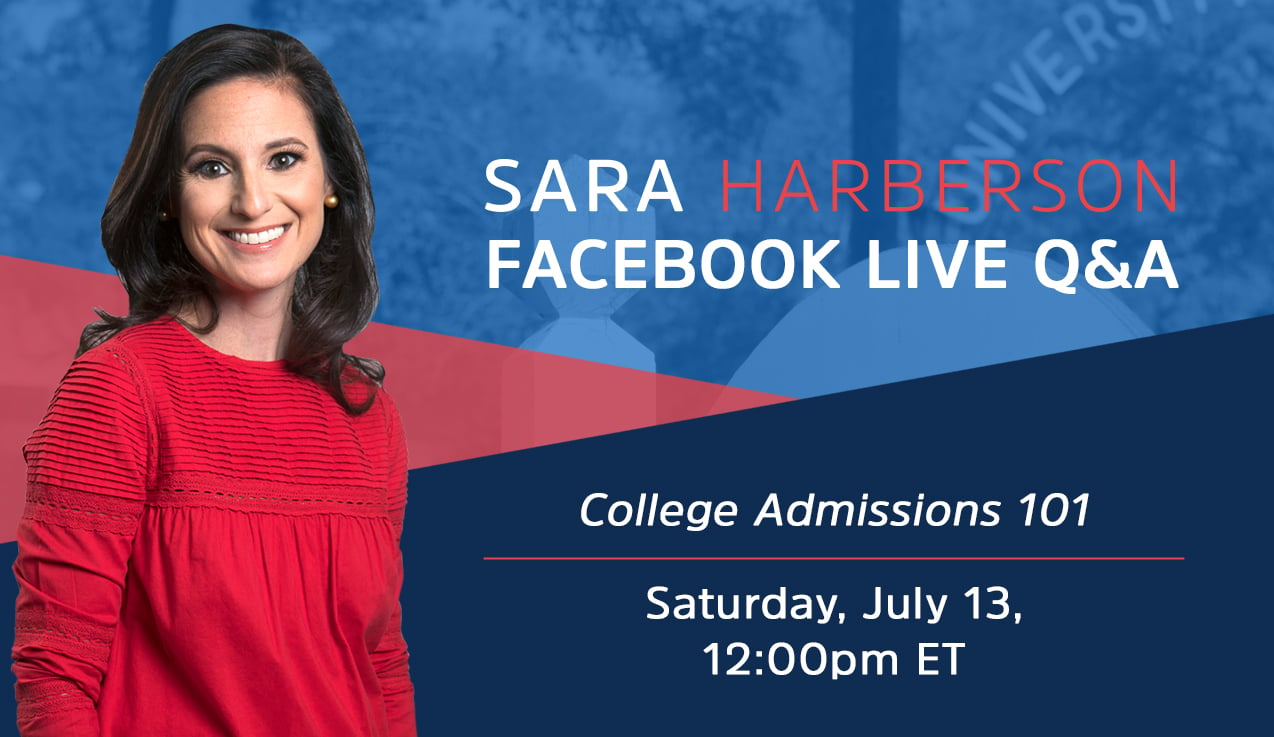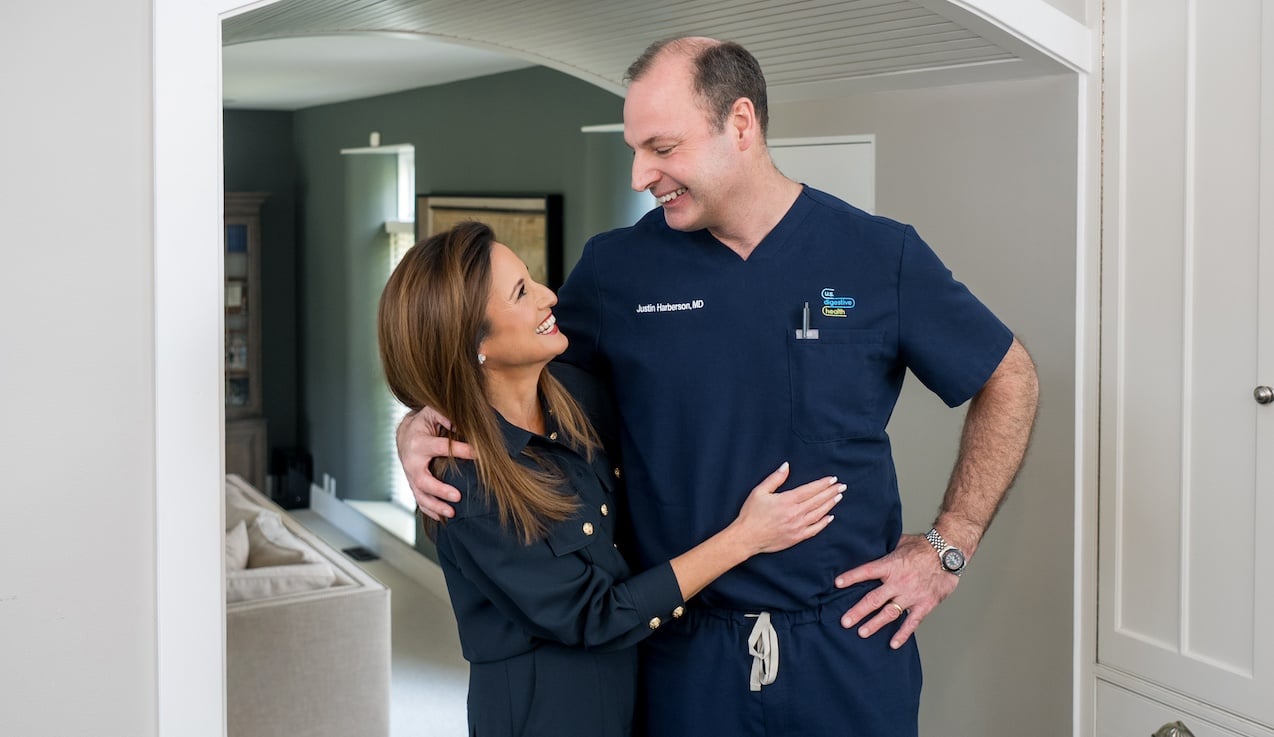A few weeks ago, I recruited some high school students for my latest photo shoot. They attend the local public high school which reminds me of my old high school back in New Jersey. The student body is incredibly diverse on all levels from race, to socioeconomic background, to post-graduation plans. The one thing that all four students have in common is simple: They all have summer jobs. In fact, they all work year-round.
It didn't matter that one is doing the full International Baccalaureate program (the most demanding high school curriculum available!), another is a track star, and yet another travels via public transportation to get to his job 20 minutes away. They all worked and it impressed me. Big time.
I am not alone. Admissions officers are like me. They appreciate students who have the initiative and responsibility to work. The more hours, the better, especially for the summer. And, you don't need to be Arianna Huffington or Gary Vaynerchuk as a high school student. The four students from my photo shoot all had very traditional jobs: retail at the mall, fast food, Target, and a hardware store.
Many students make the assumption that they need to have some fancy internship to impress admissions officers. But internships rarely pay, and sometimes students NEED to work to earn money for their family or expenses. And oftentimes "Mom" or "Dad" are the reason the student got an internship in the first place. These days, having connections or the appearance of is the last thing you want to suggest!
If you need a little affirmation about your minimum-wage job this summer or want tips on how to get a job in the future, here is what you need to know:
- For summer, I would recommend a job that allows the student to work 4 to 10 weeks of the summer and at least 10 hours (more is better, though) a week for the most bang for your buck! The commitment needs to be substantial enough that it's worth listing on your "activities" section of your application.
READ MORE: The Foolproof Way to Order Extracurricular Activities on Your College Application
- Manual labor jobs are the most impressive. Yes, that's right. They are physically harder than an office job, and they give students perspective on the regular working adult. Cleaning toilets, dishwashing, farm work, lawn care, and other jobs that force the student to get dirty are not only humbling, they are just as impactful as anything they can do.
- Traditional jobs for high school students are good too. Jobs as a lifeguard, camp counselor, or ice cream scooper are sometimes easier to find and parents feel more comfortable allowing their children to take them on.
- Jobs related to your intended major are hugely beneficial to you and your application. This is a way to show evidence of ability and passion for the major/program listed on your application. Just remember that the unusual jobs in a particular field are more impactful. For example, working at a law office for a student who wants to be a lawyer is fairly common. Instead, inquire about whether you can get experience doing something very specific to the field. This is a way to carve out a niche—like working on an adoption case if you are interested in adoption law.
"Jobs related to your intended major are hugely beneficial to you and your application." TWEET THIS
- School year jobs are demanding with school work and other activities so think carefully about whether you can handle it all. Not all students have the luxury to choose whether or not they want to work during the school year. But if you do, make sure your grades and mental health don't suffer because of it.
Having a job in high school is not required for college admissions. However, it can be a very maturing experience for any student. I generally recommend that a student have at least one working experience in high school if possible.
While bussing tables in high school at the local restaurant was anything but glamorous when I was a high school student, I learned more about the working world and myself than I expected. Being a bus girl didn't get me into college, but it served as a touchpoint in my life that no matter what I'm doing, whether I am being interviewed on national TV or clearing a dirty table, I invest in the job at hand because every opportunity builds on the next.












